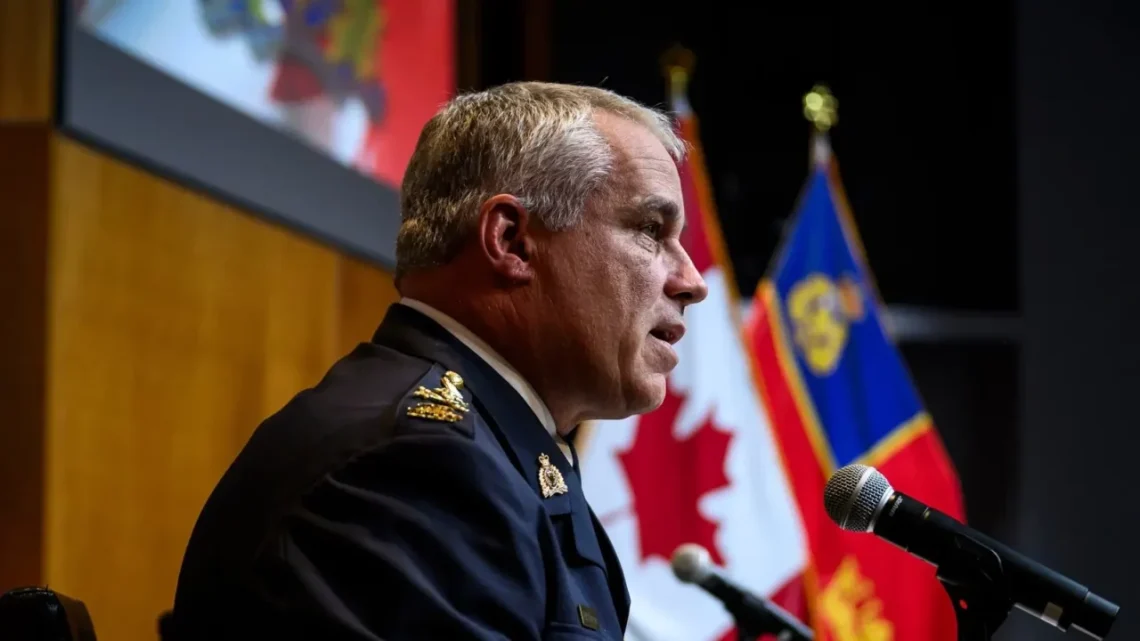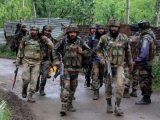
Exposing India’s Deceptive Tactics: The Canada-India Diplomatic Crisis
October 20, 2024The recent report from the Rapid Response Mechanism (RRM) Canada sheds light on the diplomatic standoff following the killing of Hardeep Singh Nijjar. It exposes how Modi-aligned media is waging a calculated information war.
The report reveals a state-orchestrated media campaign aimed at discrediting Canadian Prime Minister Justin Trudeau and his government. Indian media outlets are aggressively branding Nijjar as a “Khalistani terrorist” while portraying Canada as complicit in separatist terrorism.
This manipulation demonstrates how India’s media has been weaponized for political objectives. “India’s media is weaponized to serve political objectives,” the report states, indicating a dangerous alliance between statecraft and propaganda. Such narratives seek to demonize dissent while framing Canada’s legitimate concerns as mere “terror sympathies.”
Double standards are glaringly evident in India’s handling of terrorism allegations. Modi-aligned narratives accuse Canada of harboring terrorists, deflecting attention from its own violent actions. The comparison between the responses to Nijjar’s killing and that of Pakistani activist Karima Baloch further reveals India’s opportunism.
India is quick to label dissent as terrorism abroad, yet turns a blind eye to its own abuses. Trudeau’s call for accountability forces India into a corner, exposing the violent nationalism that fuels its policies.
The RRM report also highlights the extensive reach of Modi-aligned media. Utilizing vast follower bases, these outlets amplify anti-Canada narratives globally, painting Canada as isolated from its G7 allies. “This crisis reveals India’s global playbook,” the report notes, demonstrating how misinformation is used to distort and discredit opponents.
Moreover, the Indian media portrays Trudeau as pandering to the Sikh diaspora for political gain. This narrative frames the diplomatic conflict as a manipulation tactic, undermining the seriousness of Canada’s allegations. “Rather than confronting uncomfortable truths,” the report argues, “India weaponizes diplomacy to manipulate political discourse.”
Insinuations about Pakistan’s involvement further complicate the narrative. Indian media links the Inter-Services Intelligence (ISI) to Canadian politics, attempting to distract from its own actions. “India drags Pakistan into every geopolitical conflict,” the report states, showcasing scapegoating as a central strategy.
The international response to this crisis has also been revealing. Chinese media amplified India’s anti-Canada stance, indicating a shift in global dynamics. Meanwhile, Russia’s muted reaction highlights selective engagement among global powers.
“India’s strategic allies may have stayed silent,” the report emphasizes, “but the global community must recognize the larger pattern of intimidation and coercion that threatens diplomatic norms.”
Finally, the RRM report urges the international community to hold India accountable. It emphasizes that Canada’s response is a litmus test for global principles. The world must not let geopolitical interests overshadow the need for justice.
This report clearly illustrates India’s deceptive tactics in the face of mounting criticism. The manipulation of narratives and the silencing of dissent demand urgent scrutiny from the global community.

